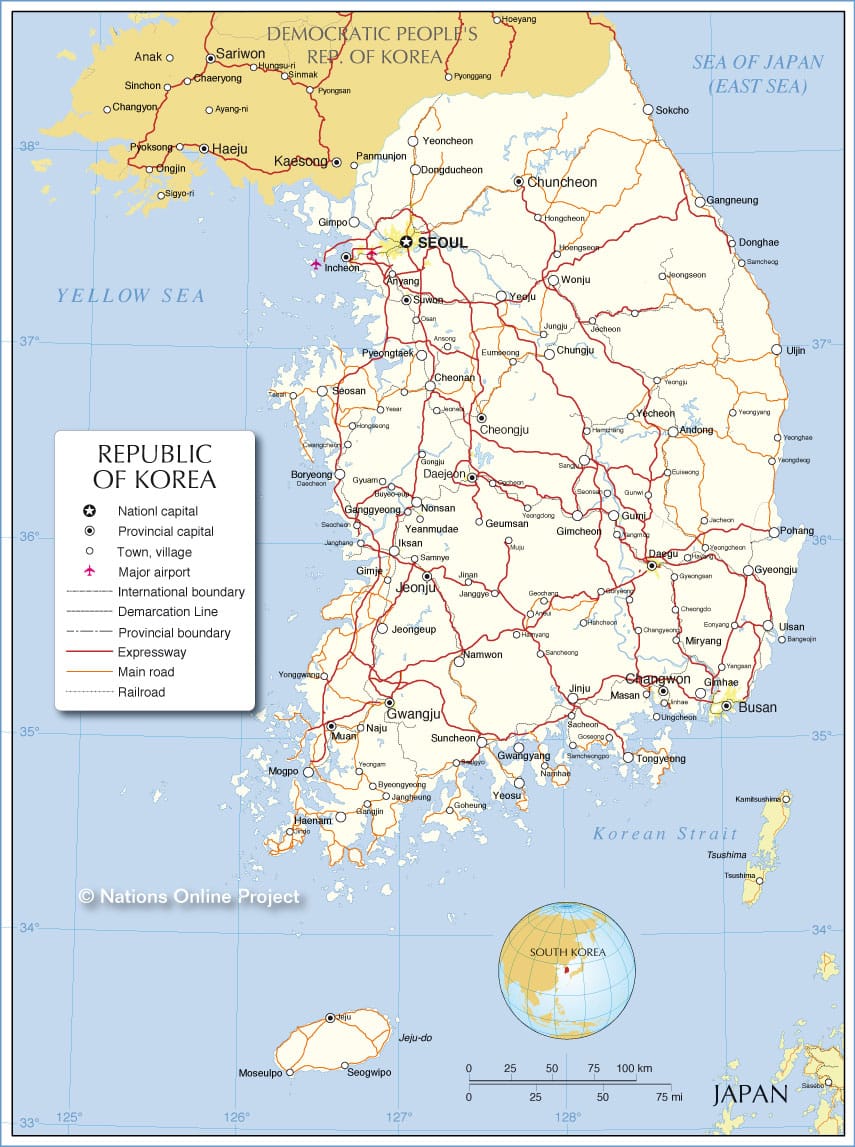In a dramatic turn of events, South Korea is currently experiencing heightened tensions as investigators attempt to arrest the impeached president, who has been avoiding apprehension since his ousting from office. The political landscape in the country has become increasingly charged as law enforcement agencies mobilize to enforce the constitutional court’s ruling that led to the president’s impeachment.
The former president, who was removed from office following a series of corruption scandals, has maintained a defiant stance against the legal proceedings initiated against him. Since the court’s decision, he has been largely out of sight, reportedly staying in a private residence, which has led to speculation regarding his next moves. This situation has sparked widespread public interest and concern, as many citizens grapple with the implications of this political turmoil on the country’s governance and stability.
As investigators intensify their efforts to locate and arrest the impeached leader, a significant number of his supporters have gathered in various locations across the nation, voicing their discontent with the ongoing legal actions. These demonstrations reflect a deep divide within the South Korean populace, with some viewing the investigations as a necessary step towards accountability, while others perceive them as politically motivated attacks against a leader who still commands a substantial following.
The police have been deployed in large numbers to manage the situation, ensuring that any potential unrest is kept in check. The authorities are also employing various investigative techniques to track down the former president, including surveillance and intelligence gathering. However, the former leader’s evasion tactics have proven to be a formidable challenge for law enforcement, as he has reportedly changed locations frequently to avoid capture.
Legal experts have weighed in on the ramifications of this standoff. Some argue that the inability to arrest the impeached president could undermine public confidence in the judicial system, while others caution that a forceful approach could exacerbate tensions and lead to violent confrontations. The balance between upholding the law and maintaining public order is delicate, and the government is acutely aware of the potential consequences of its actions.
In the midst of this political crisis, international observers are closely monitoring the developments in South Korea. The country’s democratic institutions and their resilience are being tested, and the outcome of this standoff may have lasting implications for the political landscape in the region. Analysts suggest that the situation could influence South Korea’s relationships with neighboring countries and its standing on the global stage, particularly in light of the ongoing geopolitical tensions in East Asia.
As the standoff continues, the former president’s legal team has issued statements condemning the arrest attempts, claiming that the actions taken against him are unjust and politically motivated. They argue that the former leader is entitled to due process and should not be subjected to what they describe as a witch hunt. This assertion has resonated with his supporters, who believe that the investigations are part of a broader campaign to discredit his administration.
Public sentiment is divided, with many citizens expressing frustration over the political instability that has characterized South Korea in recent years. The impeachment of the president, coupled with ongoing investigations into corruption, has left many questioning the effectiveness of the political system and the ability of leaders to govern effectively. As the situation unfolds, citizens are left to grapple with the uncertainty of their nation’s future.
In conclusion, the standoff in South Korea surrounding the arrest attempt of the impeached president highlights the complexities of the country’s political landscape. As investigators work to uphold the rule of law, the implications of this situation extend beyond the immediate legal challenges faced by the former leader. The outcome of this standoff will likely shape the future of South Korean politics and influence the public’s trust in its institutions.



